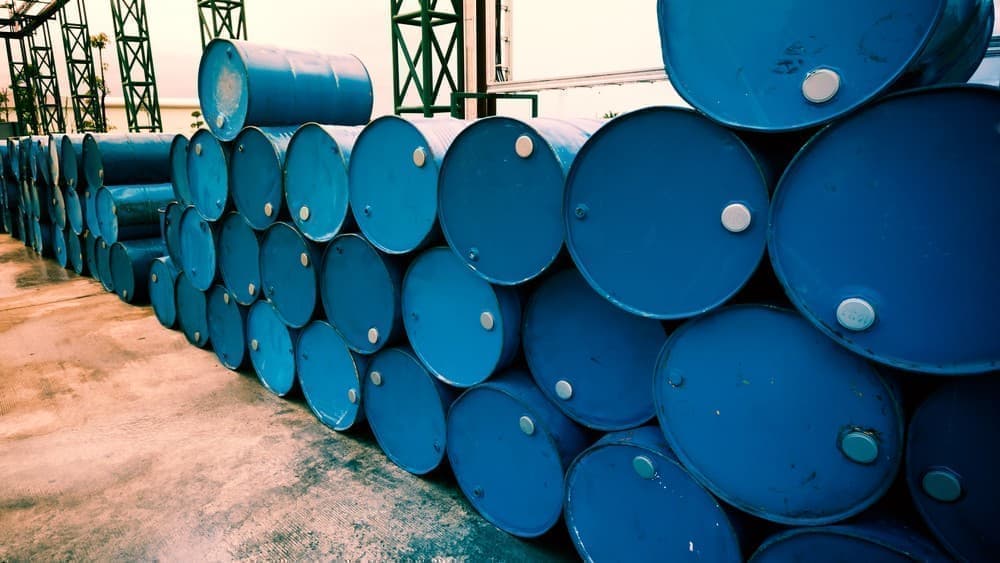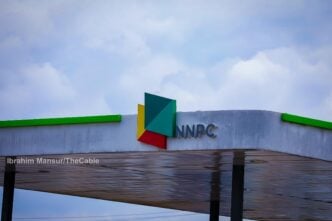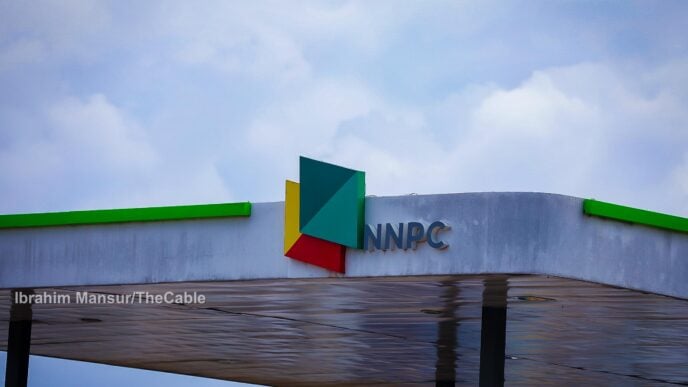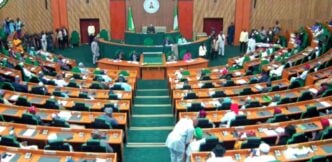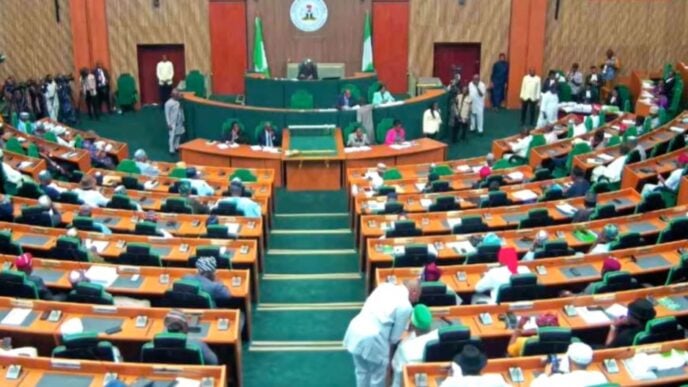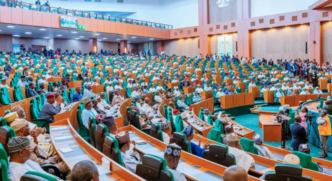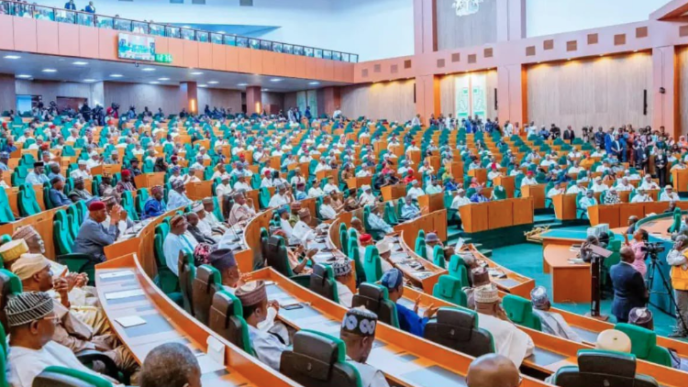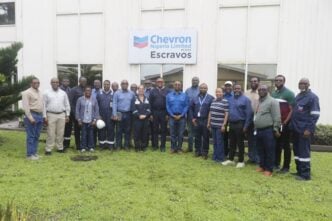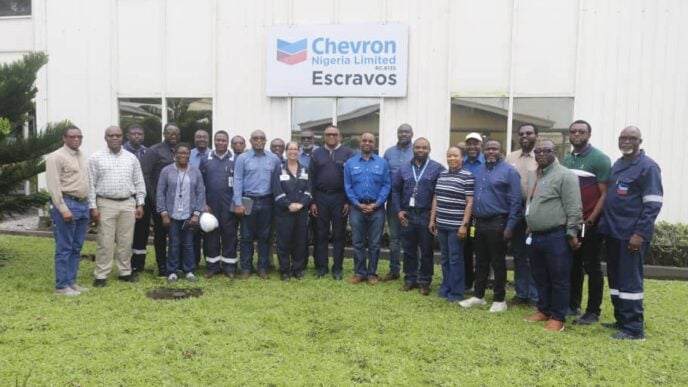The house of representatives committee on petroleum resources (downstream) says it plans to introduce new legislation that will classify refineries as strategic national assets, ensuring that they are protected and prioritised in crude allocation.
Ikenga Ugochinyere, chairman of the committee, spoke on Monday during the inaugural downstream week summit in Abuja, themed ‘Celebrating Our Successes, Confronting Our Challenges and Finding Solutions for the Petroleum Downstream Sector’.
Ugochinyere said the proposed legislation is intended to boost domestic refining capacity, reduce dependence on fuel imports, and strengthen the naira through enhanced energy security.
“The Legislature has played its part by enacting the Petroleum Industry Act, giving us the legal backbone for lasting reform,” he said.
Advertisement
“The executive has taken bold and decisive steps by removing long-standing subsidies and setting our nation once again on the path of efficiency and energy self-reliance.
“Today, Nigeria proudly boasts of expanding refining capacity and industrial growth across the energy value chain.
“The results are already visible. Indorama Petrochemicals has expanded its urea and fertiliser capacity to 2.8 million metric tonnes per annum, advancing agriculture and gas utilisation.
Advertisement
“Waltersmith Modular Refinery in Imo State is expanding from 5,000 to 50,000 barrels per day, showing the promise of indigenous enterprise.
“OPAC Refinery in Delta, and similar projects in Edo and Rivers, continue to advance.
“And the Dangote Refinery, at 650,000 barrels per day, now stands as Africa’s largest, redefining our refining landscape and boosting regional energy stability.
“These developments, supported by over $13 billion in new upstream investments in 2024 alone, are clear signals of renewed investor confidence in Nigeria’s energy sector.
Advertisement
“Distinguished guests, one of the most commendable policy actions in recent times is the Nigerian Upstream Petroleum Regulatory Commission’s (NUPRC) enforcement of the Domestic Crude Oil Supply Obligation (DCSO) on all producers in Nigeria.”
The lawmaker said “the bold move” ensures that local refineries, including modular and conventional operators, have guaranteed access to crude feedstock before export allocations are made.
This, he said, represents a shift from policy rhetoric to practical support for local value addition, job creation, and energy independence.
“By ensuring that every barrel of Nigerian crude first serves the Nigerian refinery, the NUPRC has sent a strong signal: Nigeria will refine what it produces and consume what it refines,” Ugochinyere said.
Advertisement
“The house committee on downstream petroleum resources fully supports this policy, which aligns with our legislative vision to prioritise domestic refining capacity, enhance supply security, and strengthen the naira through reduced import dependence.
“This is how nations grow by empowering their local industries to produce, compete, and thrive, which is in line with the renewed hope agenda of this administration. However, progress must be matched with persistence.
Advertisement
“We still face challenges, from feedstock shortages and pricing uncertainty to regulatory overlaps.
“To address these, the house committee on petroleum resources (downstream) intends to pursue new legislative measures to grant local refineries first right of refusal on crude allocations, streamline regulations to remove all unnecessary delays, assist the house to develop a refinery protection and promotion bill to classify refineries as strategic national assets, ensuring they receive priority protection and support, introduce measures that guarantee unhindered access to crude feedstock and promote non-disruption of refinery operations across the country.”
Advertisement
Ugochinyere said the proposals are vital to sustaining investor confidence, creating jobs, and strengthening energy independence.
The committee chairman said the labour crisis involving the Petroleum and Natural Gas Senior Staff Association of Nigeria (PENGASSAN) and Dangote refinery threatens national stability.
Advertisement
“While such issues are not uncommon in developing economies, they must never be allowed to undermine productivity or national stability,” the lawmaker said.
He said labour unions and industry operators should “always pursue dialogue over disruptions at all times”, adding that the committee is ready to facilitate peace in all industrial engagements.
‘TINUBU’S REFORMS HAVE REVIVED OIL SECTOR’
Tajudeen Abbas, speaker of the house, said President Bola Tinubu’s reforms have transformed the oil sector.
Represented by Benjamin Kalu, his deputy, Abbas said Nigeria is at a “critical point in its drive for industrialisation”.
“The oil and gas industry, especially the downstream sector, is witnessing an unprecedented revival under the progressive leadership of President Bola Ahmed Tinubu, GCFR, whose renewed hope agenda is reforming and revitalising key sectors of the economy,” he said.
“The effective take-off of the Dangote refinery marked a turning point in our nation’s quest for energy self-sufficiency.
“The anticipated emergence of other private indigenous refineries underlines the need for the national assembly to continue to create a functional environment for industries to thrive.”
Abbas added that the parliament will always enact laws and oversee the downstream sector to strengthen it and ensure its contribution to a more secure, efficient, and resilient Nigerian economy.
